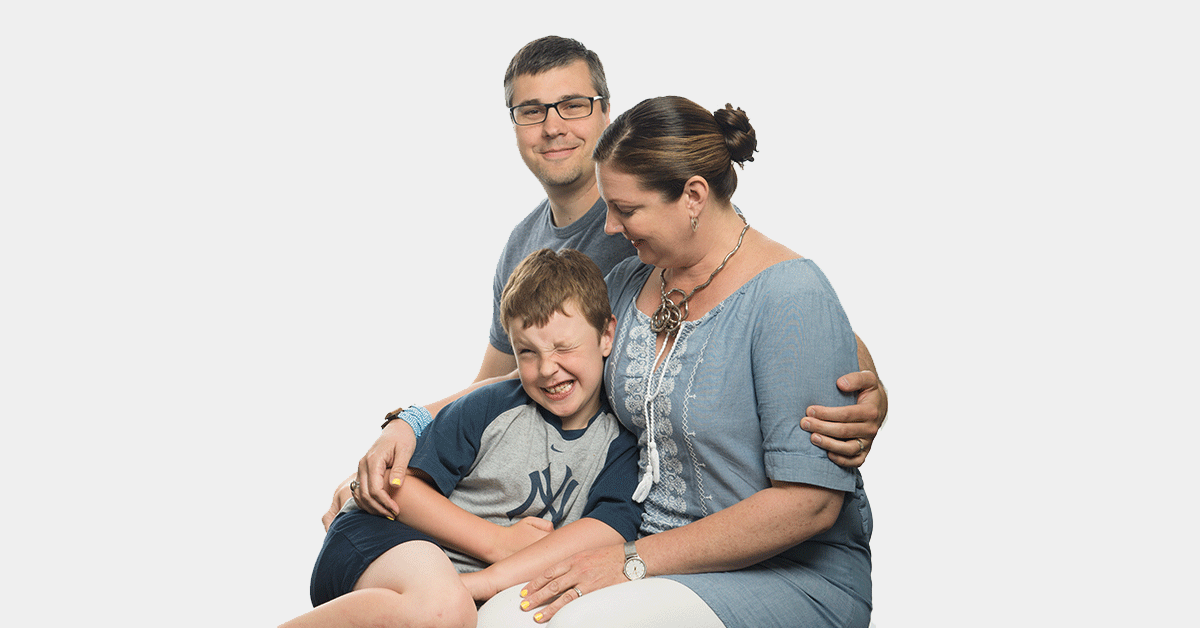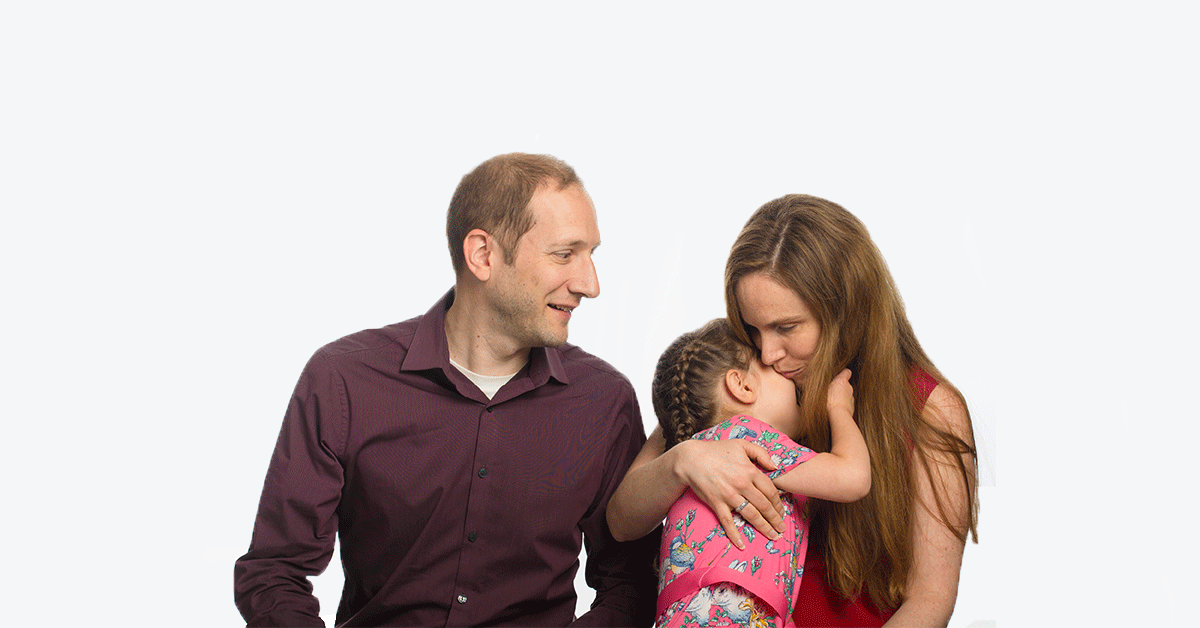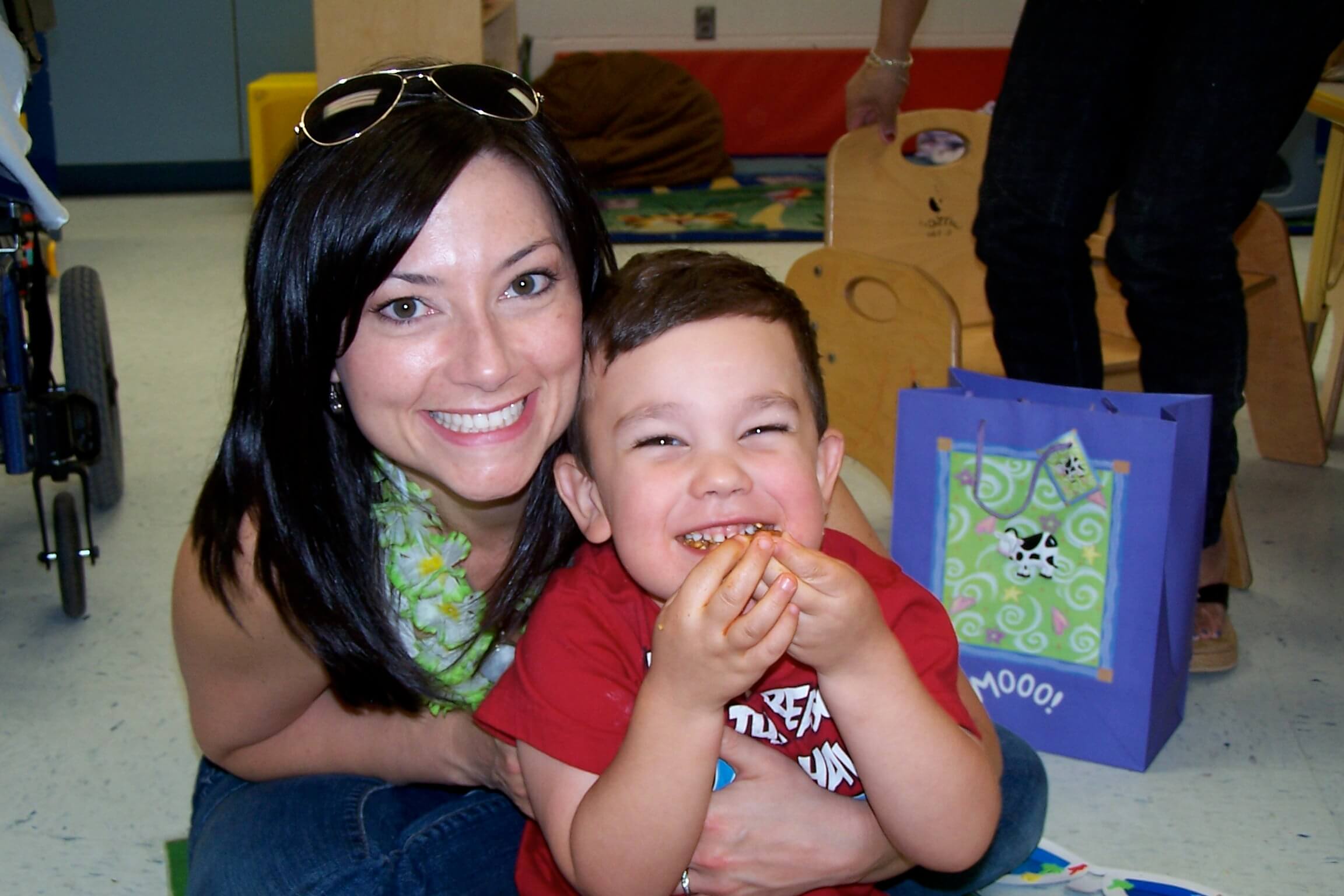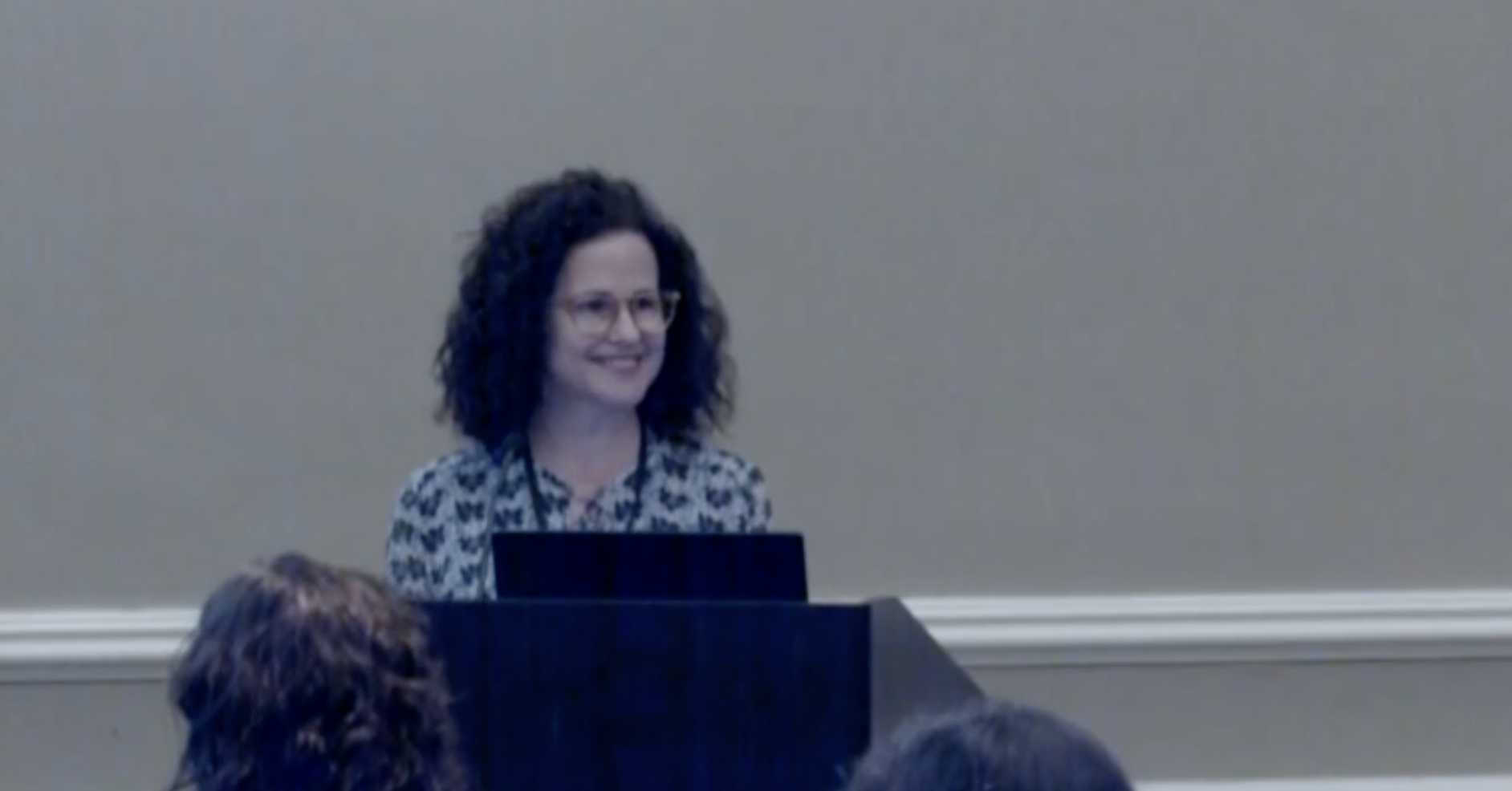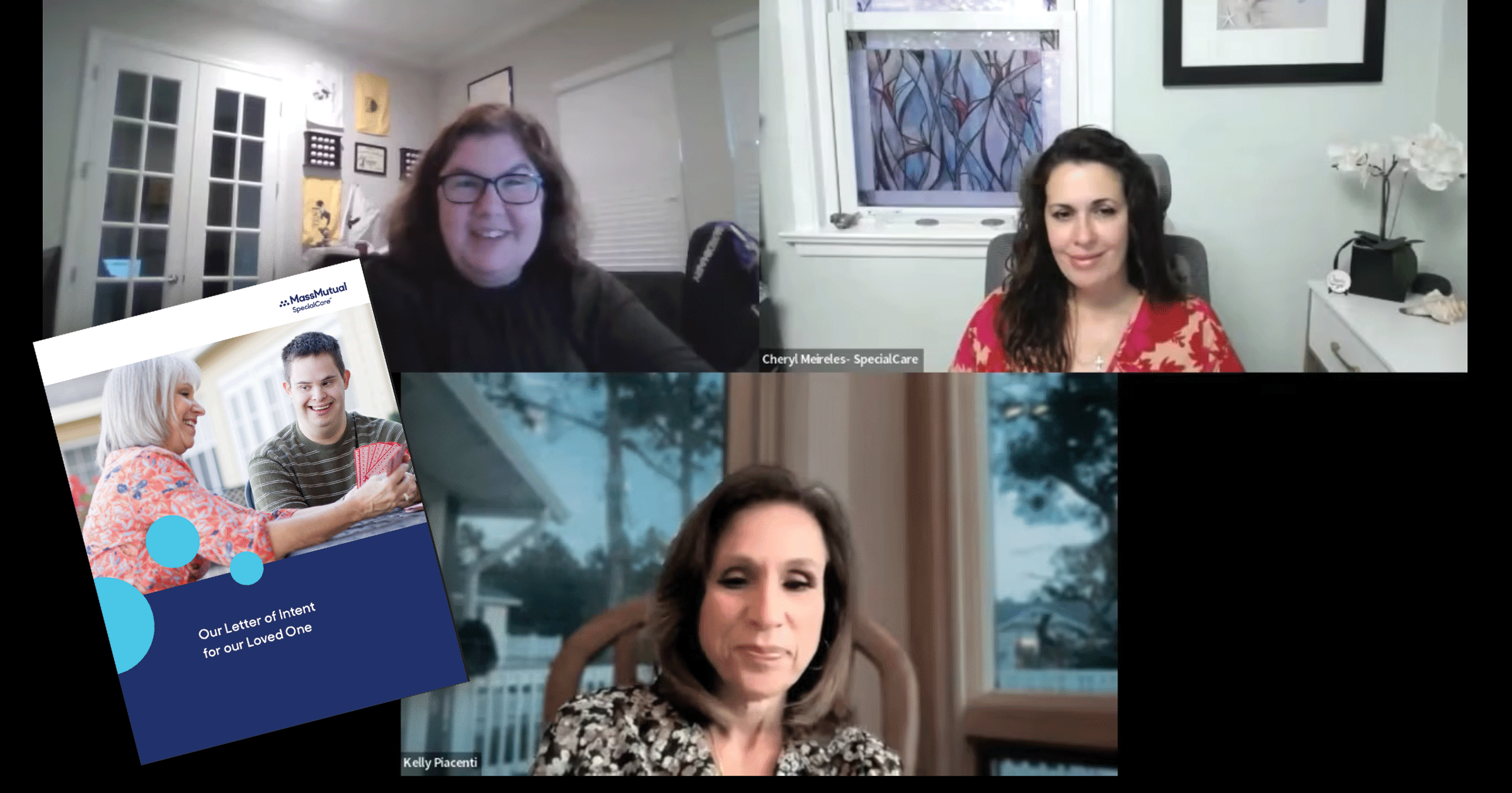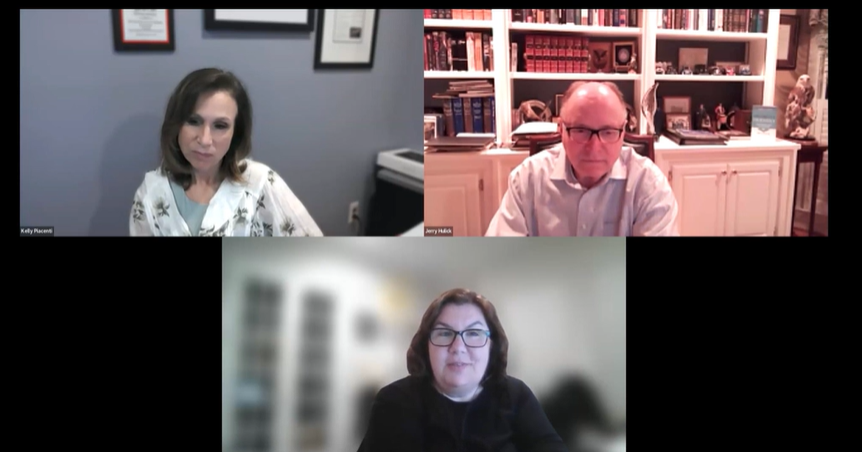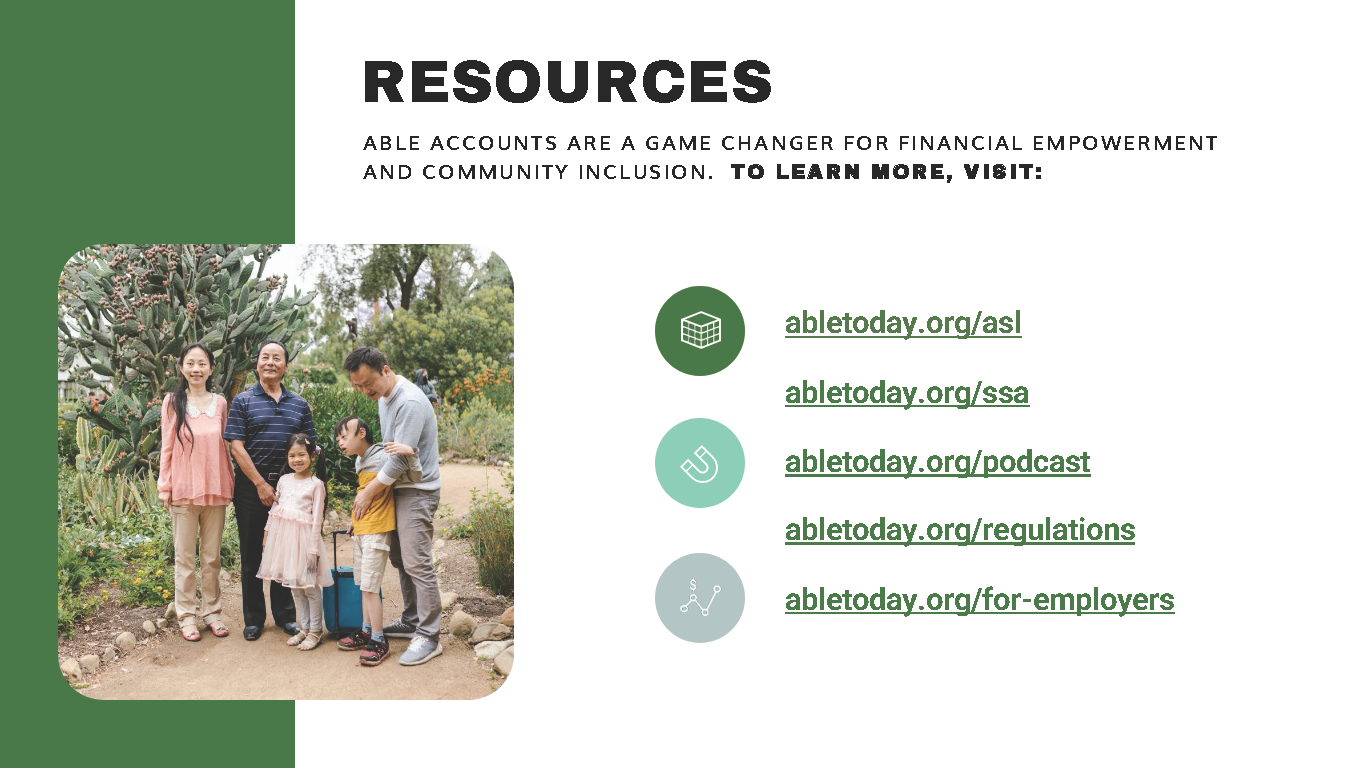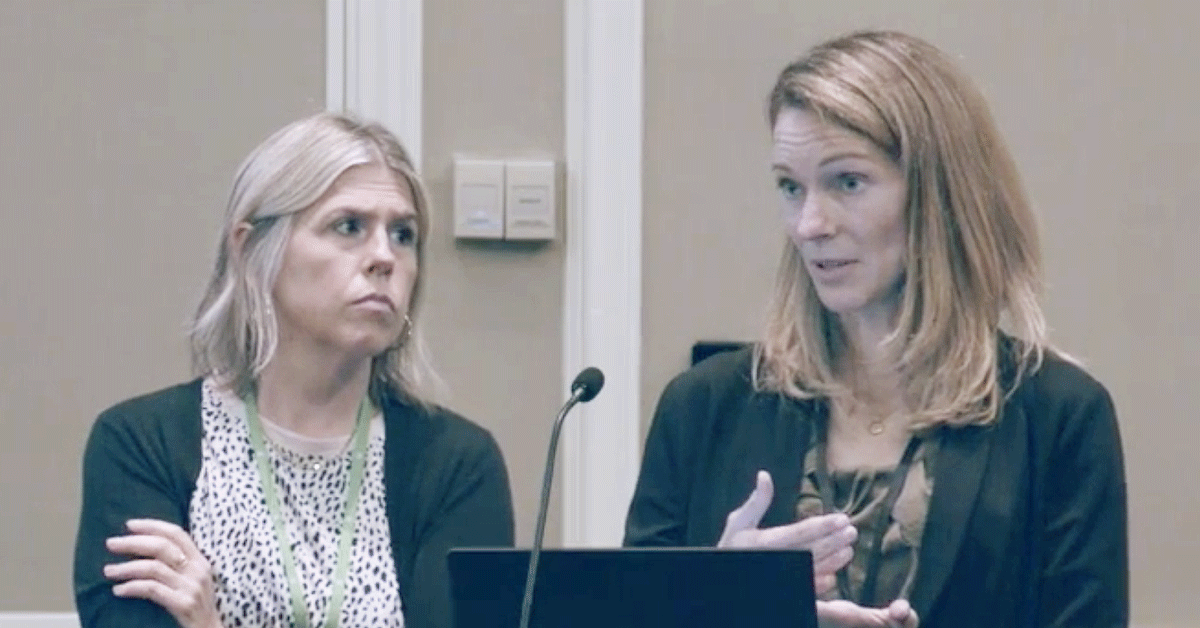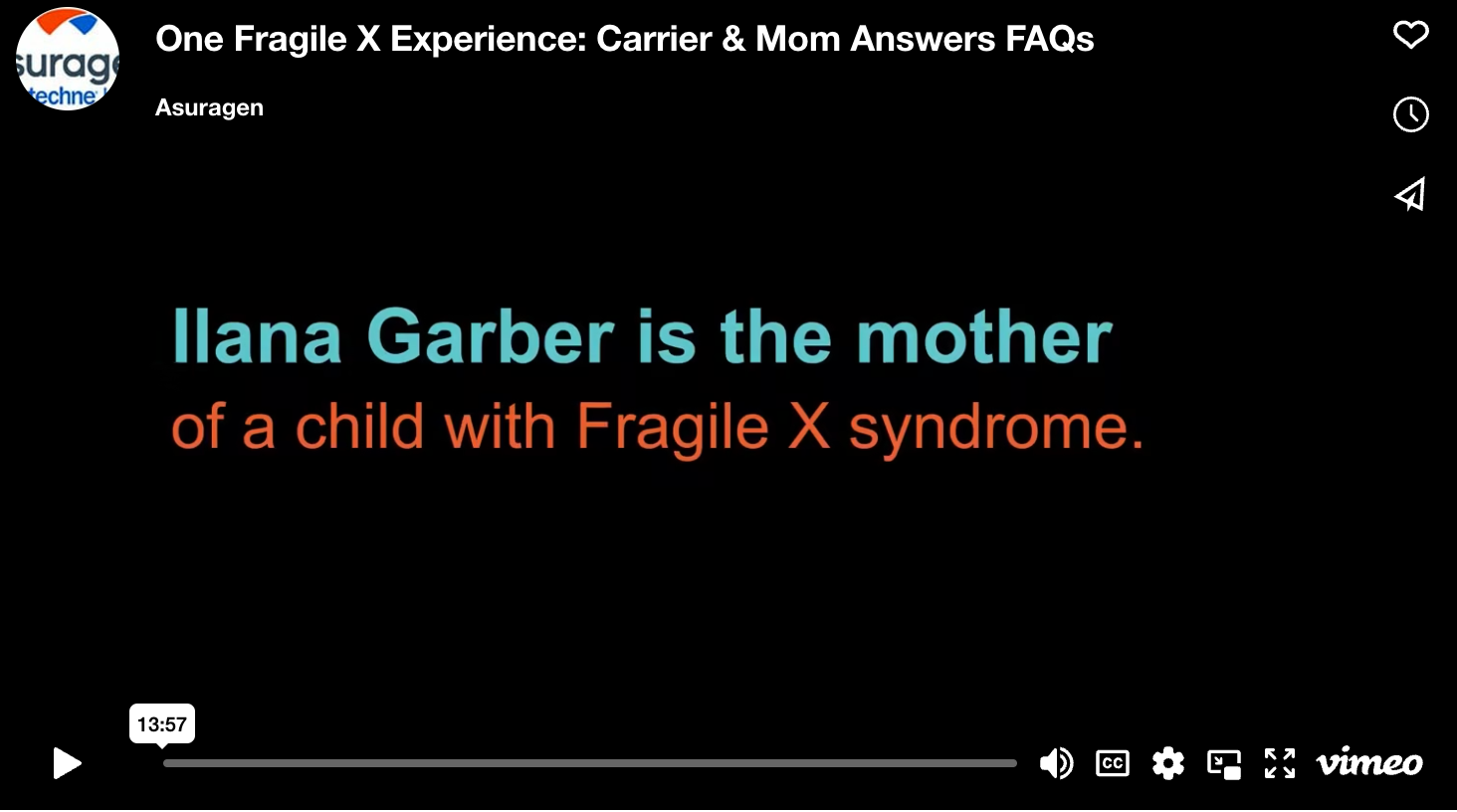Caregiving for Individuals with Fragile X Syndrome
Caregiving is all about offering support and care to someone. In this case, it’s someone with Fragile X syndrome (FXS). Caregiving is a role that involves compassion, patience, and dedication, whether you’re helping a family member, friend, or someone in your community. Caregivers provide a range of services, from assisting with tasks like eating or dressing, to offering emotional support and companionship. It can be deeply rewarding but often challenging, and it requires flexibility, understanding, and a lot of love. Every caregiving experience is unique, but at its heart, caregiving is about being there for someone. There’s no one-size-fits-all answer to caregiving, but here are a few pieces of advice that may help guide you.
Don’t’ forget you can contact us at any time, and we hope you do. We are here to help!
Learn About Fragile X Syndrome
The more you understand about FXS, the better you can advocate for their needs. This knowledge will help you make informed decisions about therapies, educational programs, and other services. Utilize the NFXF website (so much content!), talk to Fragile X professionals (find a clinic), and connect with other parents or caregivers who are in similar situations.
Learning about FXS will help you best advocate for the person with FXS. You may need to work closely with schools, doctors, and other service providers to ensure your child gets the resources and support they need. Don’t be afraid to speak up and ask for what they need. Being an informed and vocal advocate can make a big difference in securing the right services and accommodations.
Part of being prepared is understanding the legalities around caregiving and the individual with FXS’s legal rights. Familiarize yourself with the legal rights of individuals with developmental disabilities, guardianship, and other important legal terms. There are laws that protect the individual’s right to education, healthcare, and other services. Understanding these laws can help ensure they get the support they need. See Plan for the Future below for more.
While it’s important to stay hopeful and positive, it’s also crucial to acknowledge the difficulties you may face. Being realistic about challenges helps in planning and managing expectations. The key is to find a balance between optimism and practicality.
Focus on Strengths, Not Just Challenges
Every individual has their own strengths, talents, and interests. By focusing on these positive aspects, you can help build their self-esteem and confidence. Encourage activities and hobbies that highlight their abilities, whether that’s in art, music, sports, or another area. Understanding these things can help you help them.


What makes Valerie Xtraordinary to you?
Valerie is extraordinary! A former special education teacher, she now homeschools her son Gus, who has Fragile X, ensuring he receives therapies and support. She’s an amazing advocate!
Be Patient and Flexible — With Each Other!
Individuals with FXS may need more time, attention, or other things from you than you might expect or be used to. It’s important to set realistic expectations and celebrate small achievements — for the individual with FXS and yourself! Flexibility is also key, as the strategies that work one day may need to be adjusted the next.
Every step forward is a victory. Celebrate milestones, no matter how small they may seem. Positive reinforcement can motivate the individual with FXS to continue learning and growing.
Build a Support Network
It’s essential to have a support system in place, whether it’s family, friends, healthcare providers, or online communities. Talking to others who understand what you’re going through can provide emotional support, practical advice, and opportunities to share experiences.
Visit Our Community Support Network: In addition to organizations and NFXF chapters, you can find community contacts. Community contacts are parents who have volunteered to be available to other parents and individuals who are new to Fragile X.
Find an NFXF chapter, community partner, or community contact
Self-Care
Take Care of Yourself
As a caregiver, it’s easy to become overwhelmed by the demands of caring for someone else. Don’t neglect your own physical and emotional health. Caregiving requires that you, yourself, are cared for. It is important to make your well-being a priority—even though we know that can be easier said than done. Make time for self-care, and if possible, seek out respite care when needed. Reach out for help when it gets too overwhelming.
Your mind and body both need rest, and even just a few minutes of deep breathing each day can make a world of difference. What you’re facing can feel incredibly difficult, confusing, and overwhelming, and it’s completely normal to experience feelings of anger, guilt, fear — about what you know, what you don’t know — and even sadness. You’re not alone in this.
Self-Care Resources
Breathing Techniques for Stress Relief from WebMD.
Find a Therapist is a tool from Psychology Today. If your emotions continue to feel overwhelming, this will help you find a local (or by teletherapy) therapist, psychiatrist, or treatment center near you.
When Your Doctor Says “I Have Bad News” from Jessie Gruman, who has interviewed hundreds of people who have dealt with serious diagnoses, and she has survived four cancer scares herself. She asserts that even though a scary diagnosis can turn your world upside down, there are practical strategies you can use to take the best next steps and bring balance back to your life.
Gaiam’s YouTube channel offers an amazing number of videos and playlists in categories like yoga, meditation, fitness, and discovery. No matter how much time you have, you can find one that fits your schedule.
Yoga With Adriene offers a 30-day yoga course on YouTube. Day one is learning breathing techniques and moves into poses, stretches, and cool downs.
How to Start and Write a Journal breaks down the steps you can take to keep your thoughts organized and your mind clear through regular journaling.
11 Podcasts for Anxiety provides a curated list of podcasts on dealing with anxiety, including tools, tips, and relaxation techniques.
How to Use Drawing as a Coping Tool for Anxiety lays out the benefits of drawing, plus easy exercises and tips and tricks to get you started.
Learning to Observe and Accept Your Emotions from Verywell Mind.
Webinars related to caregiver’s self care.
Plan for the Future
While the present is crucial, it’s important to plan for the individual with FXS’s future, including financial, educational, and living arrangements. We know this is hard to talk about; we also know this is the most common question families have — what happens when I am gone? Talk to professionals about creating a transition plan and set everyone up for success with resources they need. Examples of things to consider include special needs trusts, financial planning, guardianship, housing, medical care and benefits, and general care planning.
Document the individual’s medical history, including any ongoing treatments, medications, and routines. Create a comprehensive care plan that outlines their daily needs, preferences, and any therapies they may require. This will help you and any future caregiver understand how to best support the individual.
Consider the individual’s current and future needs in terms of independence. Think about resources, programs, or housing options best fit their needs. Look into residential programs, adult day programs, or community resources that will continue supporting your child as they age. Research the availability and suitability of these services in the future.
Be sure to talk openly with family members, loved ones, and other potential caregivers about plans. Ensuring that everyone is on the same page helps create a smoother transition and provides the individual with a strong support system.
We have several posts and webinars on these topics.
Webinars related to planning for the future.
Managing Care
Parents and other caregivers must consider many factors when caring for individuals, and the process of planning and obtaining adequate care can be quite complicated. For example, in addition to being a caregiver, you also need to understand how to handle various situations while managing their care.
Aggression
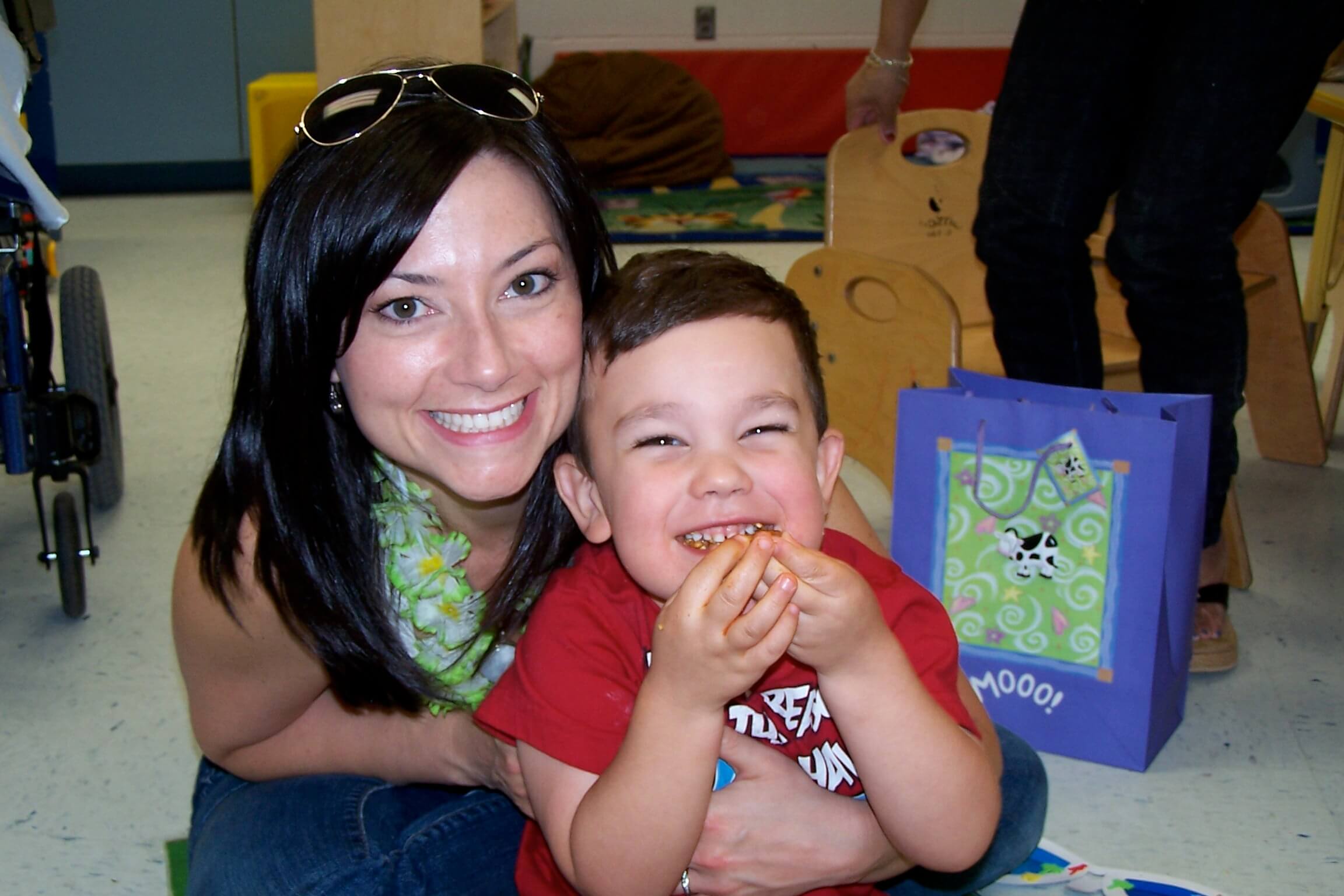 Critical Incident Management for Mothers of Children with Fragile X Syndrome
Critical Incident Management for Mothers of Children with Fragile X Syndrome
Examples of critical incidents include, but are not limited to, being threatened with aggression, news of a significant medical diagnosis (for yourself or a loved one) or a job loss. During a critical incident, our coping skills can go right out the window, though many factors contribute to how an individual responds to critical incidents in the moment, including the number and type of incidents the person has experienced, their internal and external resources and their perceived and actual plan for moving forward. Read the full article.
 Strategies for Addressing Aggressive Behavioral Outbursts in Adolescents and Adults with Fragile X Syndrome
Strategies for Addressing Aggressive Behavioral Outbursts in Adolescents and Adults with Fragile X Syndrome
Some older individuals with Fragile X syndrome can have a behavioral outbursts including aggressive behavior. These incidents can occur with little or no obvious warning and can be challenging for everyone involved. While aggressive behavior is only seen in a small number of teens and adults with FXS, there has been little practical information available that includes strategies for dealing with the more extreme situations. Read the full article.
Webinars related to managing care for FXS.
Engage with a Fragile X Community
Connecting with other families and caregivers of children with Fragile X can be a tremendous source of support. The Fragile X community often has valuable insights into practical strategies and can provide emotional support.
We are always here to help! We offer resources, educational materials, and opportunities to connect with others within the Fragile X community.
Email: treatment@fragilex.org
Phone: (800) 688-8765
No two journeys are the same, so it’s okay to take your time in finding the approaches and strategies that work best for you. Trust your instincts and know that you’re not alone — help and support are available.


What makes Anna Xtraordinary to you?
Anna is truly a bright and special soul. She is smart, sassy, and loving. Her amazing tenacity through all of her struggles makes her my ultimate hero. She never gives up, even when frustrated and is constantly reminding me that, “I’ve got it Mommy.”



